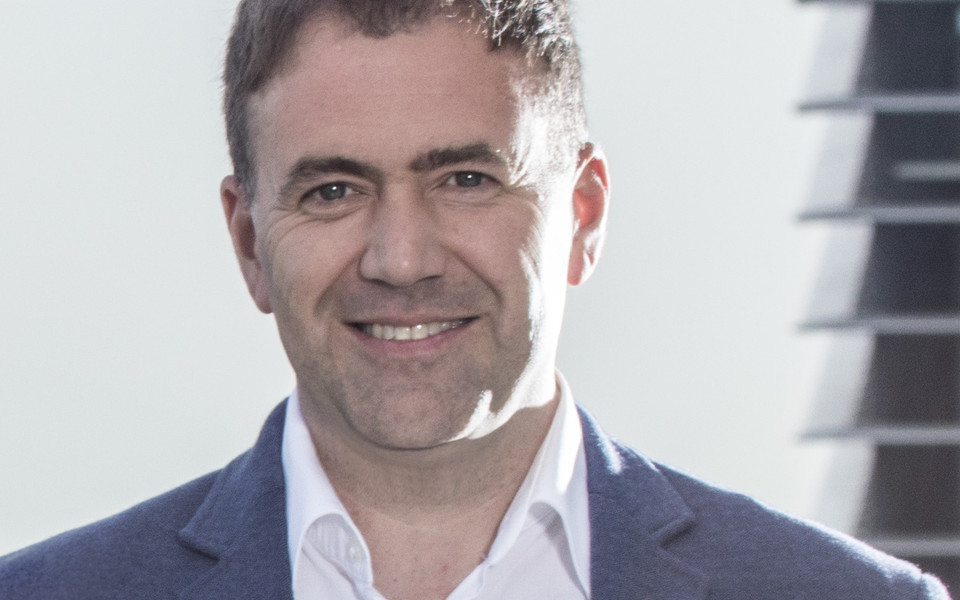
Congratulations to Alwin Köhler, who recently became Professor of Mechanistic Cell Biology at the Medical University of Vienna.
Alwin Köhler is interested in how the nuclear envelope enables eukaryotic cells to protect, decode and regulate their genome. The nuclear envelope folds tightly around the genome and is perforated by molecular gates called nuclear pore complexes. These gates impose a tight security system on the nucleus, controlling all traffic of macromolecules across the nuclear envelope. Numerous aspects of nuclear envelope function are poorly understood including how nuclear pores are made, how nuclear envelope proteins communicate with chromatin and in broader terms how cells manage to sculpt the nuclear envelope out of the endoplasmic reticulum, to which it is connected.
Alwin Köhler investigates a range of topics including the structure of nuclear pores, the mechanisms of gene regulation and the function of nuclear envelope lipids. He combines in vitro biochemical reconstitution with genomic and proteomic studies as well as high-resolution microscopy. In doing so, he has made significant contributions to these fields such as describing how nuclear pores can regulate the transcription machinery and how nuclear pores remodel the nuclear envelope membrane. Recently, he discovered a previously unknown metabolic activity of the nuclear envelope, which leads to fat storage inside the nucleus.
After studying medicine at the University of Würzburg (Germany), Alwin Köhler carried out his doctoral thesis at the Department of Cell Biology at Harvard Medical School (USA). He performed postdoctoral work at the Biochemistry Center Heidelberg (Germany) and joined the MFPL in 2010 as a junior group leader. He has received several scientific awards and grants, among them a Starting Grant and a Consolidator Grant from the European Research Council (ERC), as well as a prestigious NOMIS Pioneering Research Grant and a START prize from the Austrian Science Fund (FWF).
Mechanistic Cell Biology aims at an effective fusion of biochemistry and cell biology. The goal is to study spatial organization and dynamic changes in cellular organization on various distance and time scales—such as enzymatic reactions, macromolecular structures, signal relays and organelle function. This new professorship will strengthen MFPL’s research goals in Mechanistic Biomedicine with the aim of linking basic research with disease-relevant problems.